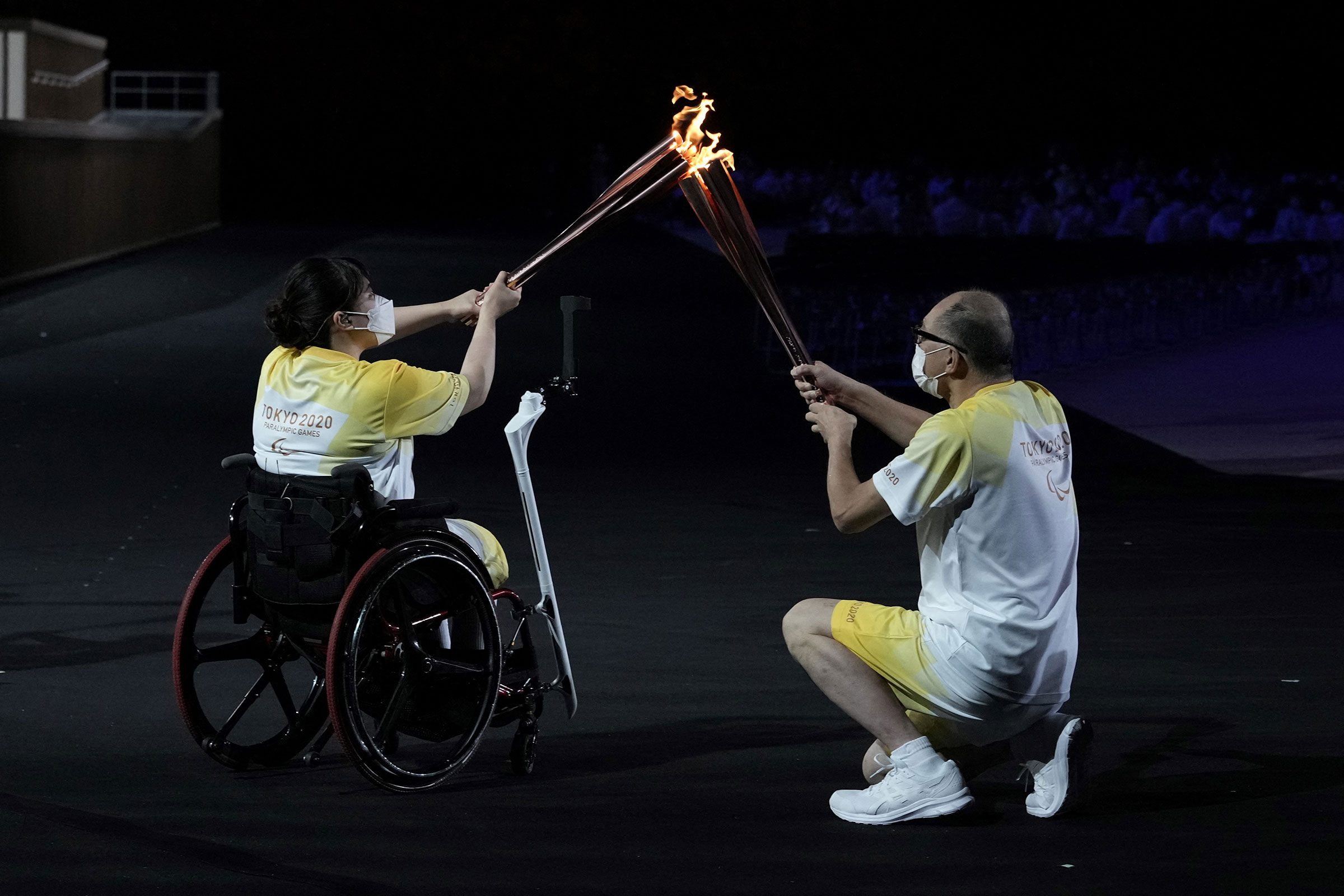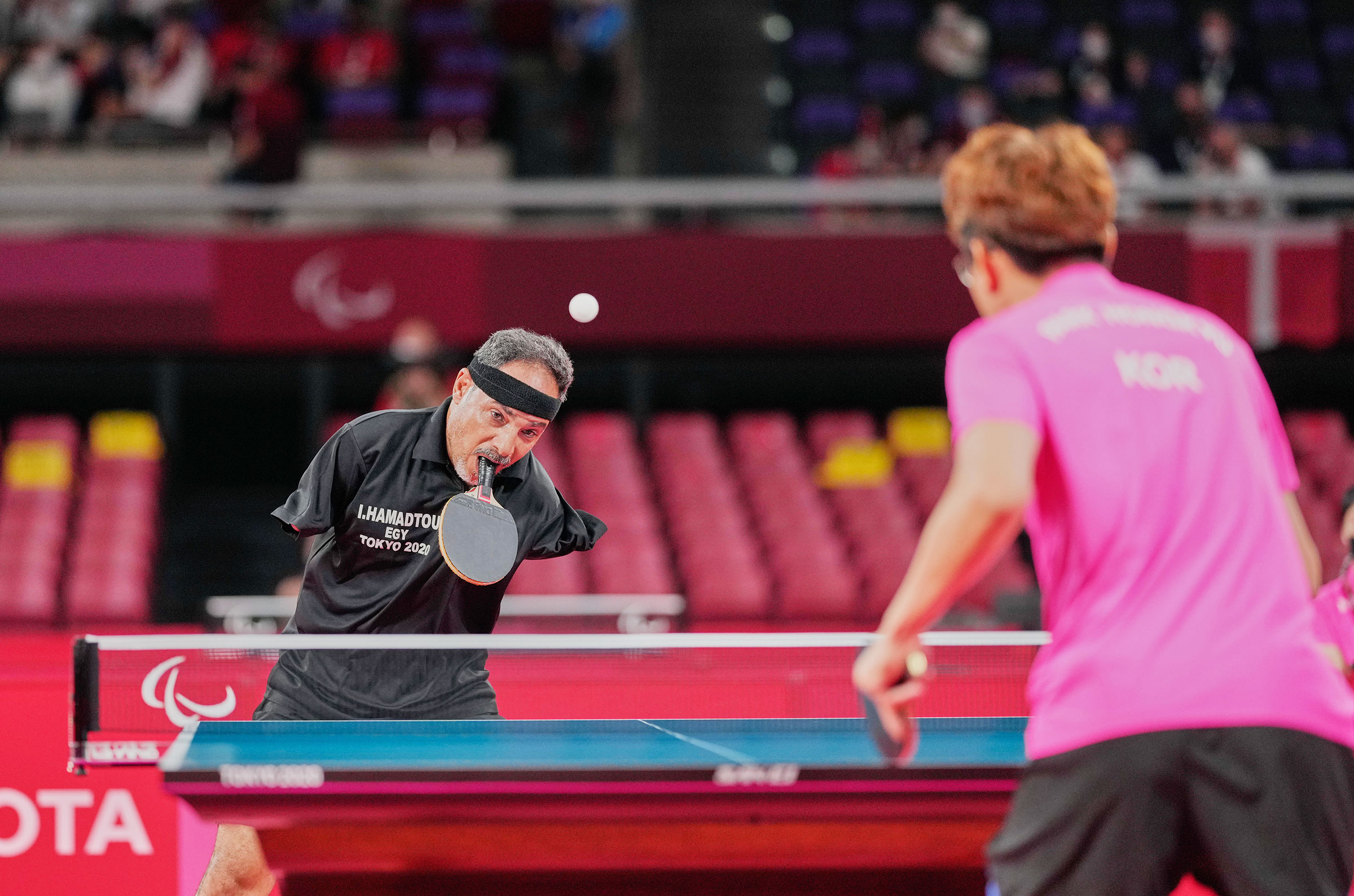
It began much like its bigger counterpart: fireworks, music and a parade of athletes waving to an empty National Stadium in Tokyo. But only two days after the opening ceremony for the Tokyo Summer Paralympic Games, organizers confirmed the first hospitalization for COVID-19 of a person involved in the event. They said only that the patient was from overseas and not an athlete, but the news came as 184 people involved in the Paralympic Games have tested positive for the coronavirus. Ten athletes are among the confirmed cases.
Despite this, organizers insisted the world’s largest sports event for people with disabilities will be held safely. Tokyo’s COVID-19 “bubble” largely protected Olympic athletes and others associated with the Games—with some 500 reported cases and no major clusters out of the tens of thousands who traveled to Japan.
But the stakes are even higher for the Paralympics, which come two and a half weeks after the Tokyo Olympics closing ceremony. COVID-19 cases are now higher in Tokyo and across Japan, and the medical system has nearly reached a breaking point.
Some Paralympic athletes at higher risk

Additionally, some Paralympic athletes may be at greater risk of COVID-19 complications due to respiratory or immune system issues or the need to use their mouths to grasp things. Egypt’s Ibrahim Hamadtou has turned heads by playing table tennis holding his paddle in his mouth. Some athletes competing in the sport of boccia, for instance, have decreased lung capacity due to cerebral palsy: Japan’s Takayuki Hirose, 36, has compared his breathing to someone in their 80s. In boccia, players compete by throwing balls as close as possible to a target ball.
Some prominent critics have called for the Paralympics to be canceled, fearing that they cannot operate safely under these conditions. In a letter to organizers and political leaders on Monday, Yasuhiko Funago and Eiko Kimura, two members of Japan’s legislature who use wheelchairs, demanded the Paralympics be stopped immediately and the medical system strengthened. Others echo their sentiments.
“I’m afraid that the Tokyo Olympics and Paralympics will send the message that medals are more important than life. While praising the medalists, there are daily reports of people dying without medical treatment,” says Kumiko Fujiwara of Tokyo-based DPI Women’s Network Japan, an advocacy group for women with disabilities.
But those who work with athletes said they are prepared. “We have many medical personnel and we established infection-prevention guidelines, held training camps without infections in cooperation with local governments, and shared our knowledge with the Organizing Committee,” says Hiroko Miura, a spokesperson for the Japan Boccia Association.
READ MORE: Tokyo’s Plan to Avoid Pandemic Disaster During the Olympics
“On top of all the basic measures like hand washing, masks and ventilation, floors and wheelchair wheels are disinfected. I believe measures are being taken at the Games so that the risk is minimized.”
The tough COVID-19 restrictions have already sparked controversy. Team USA star Becca Myers, a deaf-blind Paralympic swimmer, withdrew from the Tokyo Paralympics because entry rules prevented her mother, who is her guide, from traveling with her.
Japan’s hospitals in crisis
The Delta variant of the coronavirus has ripped through Japan in recent weeks, pushing daily cases of new cases to record levels: above 25,000 nationally and 5,000 in Tokyo, where more than 4,000 are hospitalized and 25,000 are isolating at home. The government has expanded its fourth coronavirus state of emergency so that it covers 13 prefectures, with 16 others subject to anti-infection measures.
While there are signs that Japan’s fifth wave of infections may have peaked in Tokyo, the situation on the ground remains unsettling. Hospitals have few or no free COVID-19 beds, forcing paramedics to spend hours, or even days, trying to get patients admitted. People who test positive are being asked to isolate at home. In one tragic case, a pregnant woman with COVID-19 gave birth prematurely at home after hospitals in Chiba prefecture west of Tokyo did not admit her. The baby did not survive.
READ MORE: How the Olympics Broke Japan’s COVID-19 Defenses
Warning that the medical system is at the breaking point, health officials have called for even stricter infection-control measures for the Paralympics than the already onerous ones that were in place for the Olympics “bubble.”
A record-high 4,403 athletes are competing at the Paralympics through Sept. 5, and about 90% of those scheduled to stay at the Athletes’ Village are vaccinated, according to organizers. Staff at the village are now required to test every day, instead of every four days as in the Olympics, and volunteers every four days instead of seven, according to organizers.
“It’s possible that the effectiveness of the state of emergency may have been diminished due to the widespread infection at the time, rather than a failure of infection control at the Olympics,” says Satoshi Kutsuna, a professor of infection control at Osaka University. “It’s unclear whether the Paralympics themselves will lead to a spread of infection, but there’s concern that the public’s attention will be diverted and infection controls won’t be implemented thoroughly.”
More Must-Reads From TIME
- The 100 Most Influential People of 2024
- The Revolution of Yulia Navalnaya
- 6 Compliments That Land Every Time
- What's the Deal With the Bitcoin Halving?
- If You're Dating Right Now , You're Brave: Column
- The AI That Could Heal a Divided Internet
- Fallout Is a Brilliant Model for the Future of Video Game Adaptations
- Want Weekly Recs on What to Watch, Read, and More? Sign Up for Worth Your Time
Contact us at letters@time.com